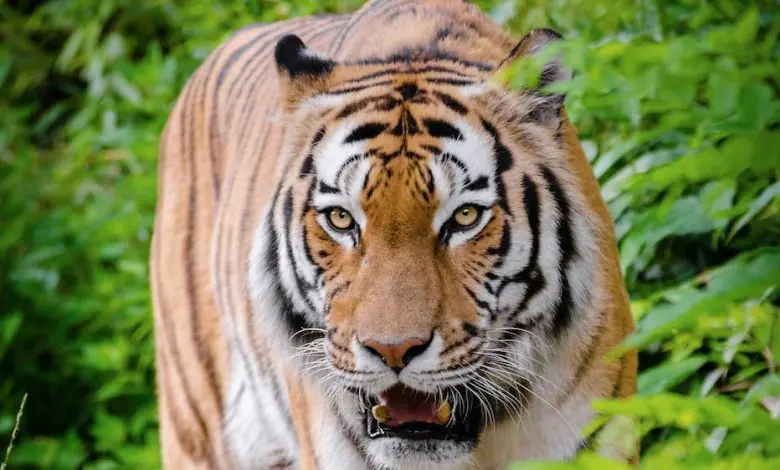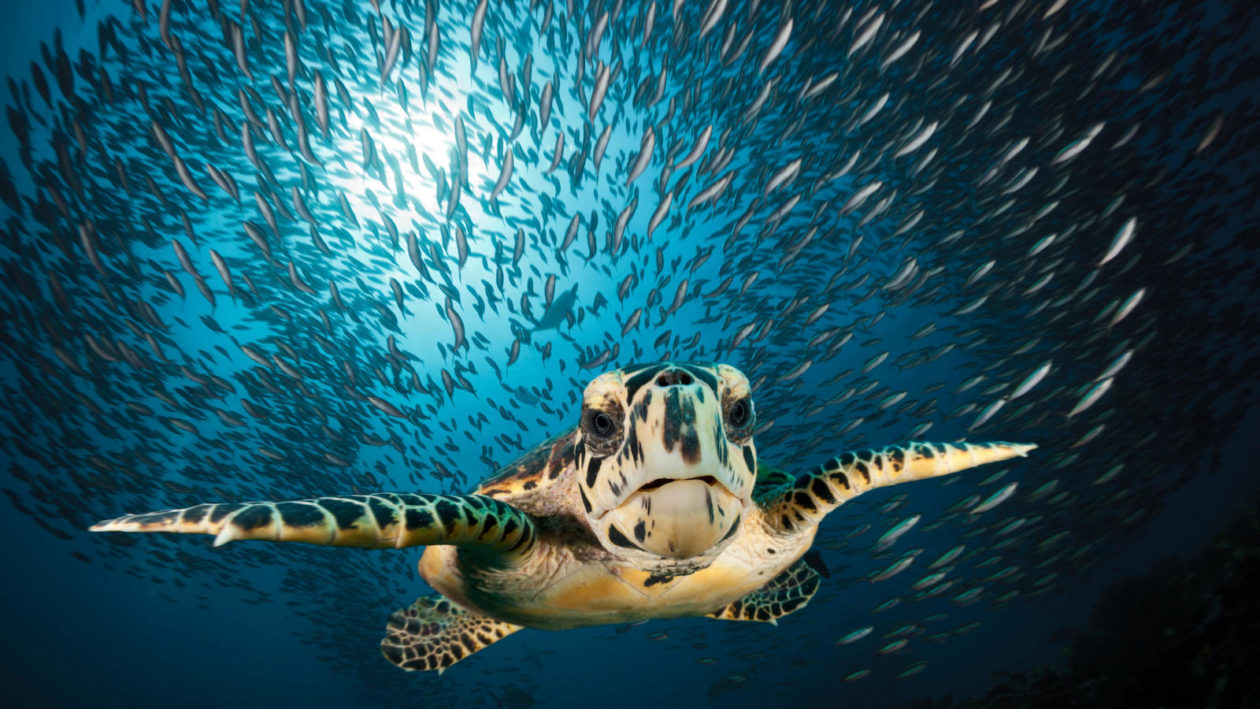Humans do not live on this planet alone. In fact, each and every species is an essential part of an ecosystem. It is our duty to protect them – especially as we are responsible for the disappearance of many wild animal and plant species.
The statistics are terrifying. According to the World Wildlife Fund, around 10,000 species go extinct every year! Not all of them are small and tiny, such as insects or birds. For example, in 2021 we lost the last Northern White Rhinoceros and Western Black Rhinoceros, as well as one species of Ibex!
While it’s true that there isn’t much an ordinary human can do, there are many steps you can do to help conserve a wildlife in your area. While this seems like a small step, it might start a storm, especially if you influence more people around you to be mindful of the environment!
Here are 9 things you can do daily to save wildlife:
1. Adopt, Don’t Shop
Believe it or not, by adopting a pet you can help save wildlife in your area! Dogs, especially strays, are believed to threaten around 200 wild animal species worldwide. By adopting, you’ll keep them off the streets – and give them a chance at a new life, as well.
2. Volunteer
By volunteering, you can directly be involved in helping wildlife. For example, if you live in Connecticut, you can visit the Bird Atlas Project. They’re always looking for volunteers who will help them locate and map all bird species in each part of the state! There are many other organizations that rely solely on volunteers.
3. Donate
If you are not able to personally help, you can always donate to a local wildlife preservation fund. This doesn’t have to be a lot – even just a few dollars will help. If each U.S. citizen was to donate a single dollar, wildlife funds would be richer by more than 300 million dollars!
4. Plant (Native) Plants
Another great way to conserve local nature is to plant plants native to your area. This way, local critters will have somewhere to live, and you’ll even help reduce summer heats by a bit! Just remember to do your research and to focus on native species only. Bringing in foreign plants can destroy local wildlife, and you’ll be doing more harm than good.
5. Recycle
Recycling is a great way to use non-renewable resources and to help your community make the most out of already existing materials. Next to traditional recycling, you can also try to reuse things you already own. Old, ruined clothes can be used as cleaning rags, and you can make flower pots from old bottles!
6. Clean up the Trash
Unfortunately, not everyone is conscious about the environment. Despite large fines, many people will still litter on the streets. Arrange a cleaning action and collect all the trash you find on the beach, in the park, or even in the streets! Every single cigarette or a chewing gum on the floor is a danger to hundreds of animal species.
7. Be Wary of What You’re Buying
Straws are a fun way to drink your beverage, but did you know that plastic straws kill more than 1 million seabirds and sea turtles each year? Many everyday items interfere with the local ecosystem, either by their manufacturing project or once they are thrown out. Be wary of how the things you buy can harm wildlife.
8. Drive Slowly
Thousands of animals die as a roadkill each month. You have to understand that you are interfering with wildlife, not the other way around. By driving slowly, you’re decreasing the chances of accidentally killing a hedgehog, deer, and any other local animal.
9. Spread the Word
Sure, one man cannot do much for the environment. However, you can influence others to start walking in your footsteps and educate them on the importance of conserving local wildlife. Spread the word and let them know how much they can change by making the tiniest of steps. Slowly, your entire community might be more aware of the environment!
Samantha is a passionate dog lover, and author for truepetstory.com. She has saved so many animals, including wild ones. Also, she loves to spend free time at dog parks and sea coast.


Leave a Reply